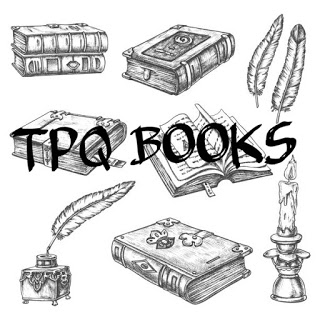This season's Drogheda United team have been lodged in the mire of a relegation battle, and with July being the opening of the transfer window it offers two paths to LOI Premier redemption. One is via the transfer window, the other is by prayer. St Anthony is renowned for his legend in helping recover lost items, which for this Drogheda team equates to points at home. The opportunity to invoke the saints is perhaps a one-off as my atheist friend Anthony of the McIntyre’s will certainly abstain from such initiatives when he's back. So it was left to me and Jay to pray from the stands.
Fresh hope descended to Weavers park this week in the form of 3 positive transfers yet the injury list is of huge concern. Douglas James Taylor made his debut tonight at home to league leaders Shelbourne along with the returning Elicha Ahui who was making his second debut having played on-loan with the Drogs last season. The third Shane Farrell came from tonight's opposition Shelbourne and was not included.
We took our seats nearer to the Cross Lanes entrance than usual as we were later arriving, and this provided a slightly different experience to being so close to the Ultras section in that you could hear more discussion and debate usually not possible in the vicinity of the vociferous support section. The general atmosphere on a sunny dry evening was optimistic with a great turnout and the great escape was hoped to commence.
Drogheda started well. For the first 15 minutes they saw most of the ball and were setting the tone. An early yellow for Darragh Markey for an alleged dive while attacking towards the Shelbourne penalty area set the crowd off against referee Paul McLaughlin who was unpopular with the home fans until the later stages of the game where his decisions would have real consequences for Shelbourne.
As has happened on so many occasions this season the weakness in the Drogheda defense was exposed from a set-piece by a Tyreke Wilson header as Drogheda failed to clear with Andrew Wogan pinned in onto his line. The visitors were 1-0 up and you could hear the groans among the support about another soft goal being conceded. Drogheda's best first half chance fell to Luke Heeney who forced a good save by Shelbourne keeper Kearns.
When the teams came out for the second half Drogheda played more long balls than would be usual, perhaps feeling the absence of Gary Deegan who offers an option for short passes from the defense. Drogheda's best chance of getting in behind from open play would come to the new number 10 Taylor who found himself chasing a through ball into the penalty area but for some reason tried to turn onto his right foot instead of hitting with his left allowing the Shelbourne defenders to smother the threat.
While Drogheda continued to pursue an equaliser much through the endeavor of substitute Ryan Brennan, everything changed in the 79th minute when Paddy Barrett was sent off for a second yellow having only just received his first. Barrett irritated the home support with a desperately slow march across the pitch towards Locky’s corner, preventing Drogheda from recommencing play quickly. Only three minutes later the Shelbourne goal scorer, Wilson, was also sent off for a second yellow for a blatant but perhaps accidental handball in the box as Drogheda tried to make the extra man count.
Up stepped Douglas James-Taylor the Walsall loanee to coolly equalize from the spot. Shelbourne from then on employed every time-wasting tactic imaginable to hold on for a point as the crowd roared Drogheda on. Shel’s keeper Kearns done what Jay calls “The Pickford '' on numerous occasions while sending all balls long into the opposition corner and seizing every opportunity to go down injured.
Drogheda had to settle for a point despite what seemed like a certain winner in the dying stages as Killian Cailloce had a guilt edged opportunity to win it but failed to convert.
If we'd have won I may have had more grounds for promoting the merits of prayer to Anthony on his return as we wish to avoid St Jude of lost causes, but we left satisfied enough that the spark for a revival may be possible if Trivia follow up the early July transfer activity with more reinforcements who will be required if we are to rely on more than prayer.











